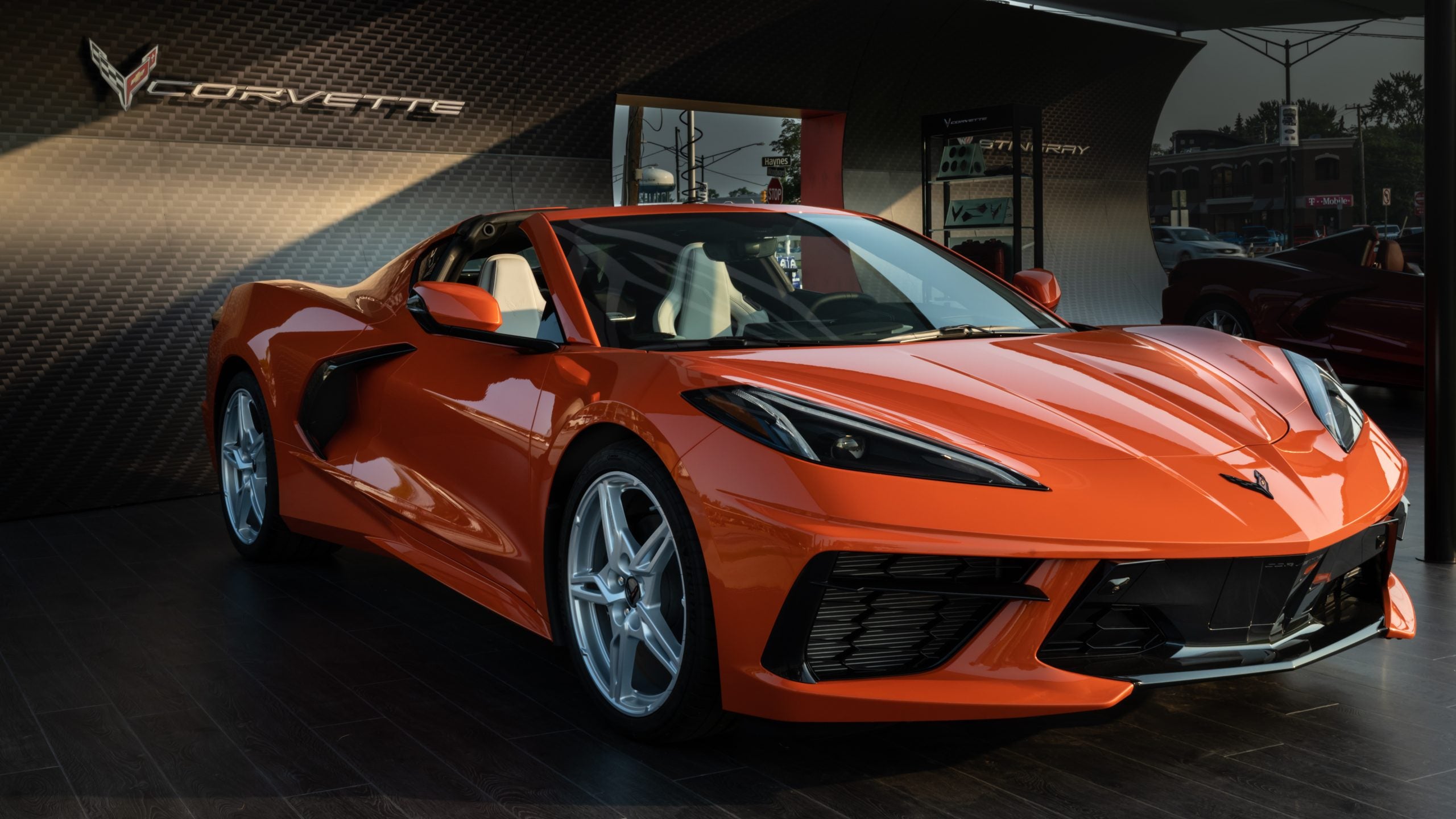Automotive model names are more than labels. They are titles that evoke emotion. They are an identifier of an experience that can sometimes be very personal. If you ask any car person what their favorite car is, a model name is normally what you get.
Model names provide a legacy to a brand, be it good or bad. Woven into the fabric of popular culture, automotive model names set the tone for the manufacturer.
When cars were first created, the model’s name was simply a number or letter, such as the Daimler Benz Model 1 or the Ford Model T. As time went by and the automobile became more popular, many cars were called only by the name of the manufacturer.
As the manufacturer made more models, names were assigned to them to make them easier to remember. Some manufacturers still use numbers, especially European manufacturers, and many of those numbers are legendary as well.
MORE: MotorHeadline: The evolution in car safety
When you hear the word “Corvette,” what comes to mind? To me, it says fast, sleek and expensive. Since 1953, Chevrolet has used the Corvette as a flagship example of power and speed. Even in the automotive dark ages of the late 1970s, the Corvette looked the high-performance part.
The word “Corvette” isn’t a new term, as it also describes a fast naval vessel with one row of cannons. According to Marine Insight, the word was first used to describe a French sailing vessel in the 1670s, 280 years before the first Chevrolet Corvette went into production.
Chevrolet’s latest Corvette model may disturb some of the purists, but I still believe it lives up to the nameplate. It is certainly different from the previous models, but it is still fast, sleek and “on brand.”
Lately, car manufacturers have been selling models that don’t necessarily live up to the brand name,, in my guess, to capitalize on some type of nostalgia.
Ford’s new Mustang Mach E could have been called anything, but they decided to take a revolutionary car (for them) and add the name “Mustang” to it, which really irritated their solid base of Mustang enthusiasts.
Don’t get me wrong. The Mach E is a fantastic vehicle, but when I think of the name “Mustang” it is not what comes to mind. Ford had the opportunity to create a new brand and direction, and I believe the name was a mistake.
Mitsubishi did the same with the Eclipse Cross ES, borrowing the moniker of their previous successful sports car that put them on the map in the United States and applying it to an SUV.
While this isn’t a new idea, it seems to be happening more often in the past few years. The Chevy Nova of the 80’s was drastically different from the Chevy Nova of the ’60s and ’70s, and not in a good way.
MORE: MotorHeadline: An automobile as quirky as its architect
There is a huge difference if you are bringing back a car name and putting it on a newer vehicle that aims to pay some type of tribute, such as the newer Challenger, Mini Cooper, Beetle, Bronco and Fiat 500 models. Car buyers love nostalgia and most vehicles like this are successful.
Obviously, we cannot recreate these legendary models in their original states, as they would never pass modern safety, pollution, and comfort standards modern vehicles must possess.
My unsolicited advice to car manufacturers is to leave the past behind and start building the classics of the future with their own names. Create new legends before it is too late. Watering down a successful legacy with badges will earn you no points with enthusiasts that care for your brand.
As for me, I will see you on the road!
Taylor Bryant is an automotives instructor for Augusta Technical College.









